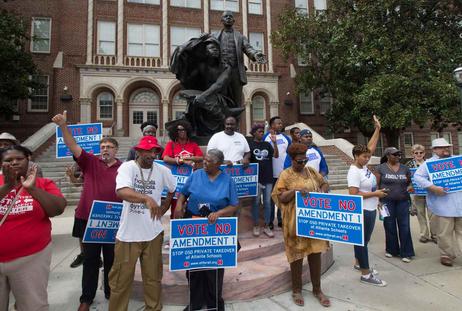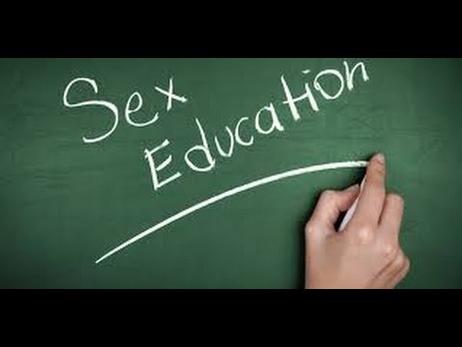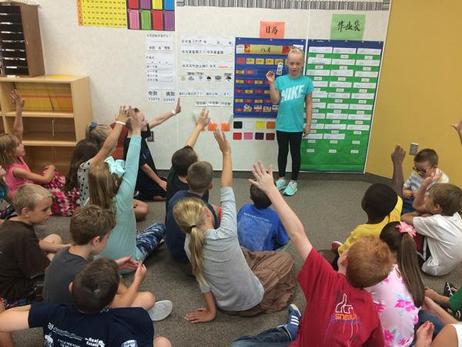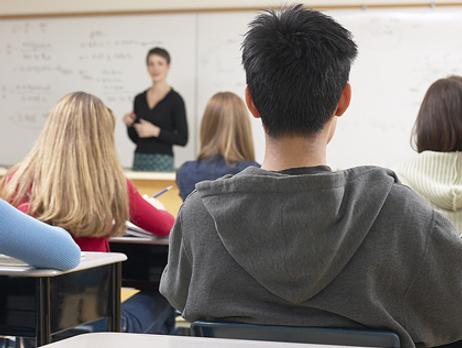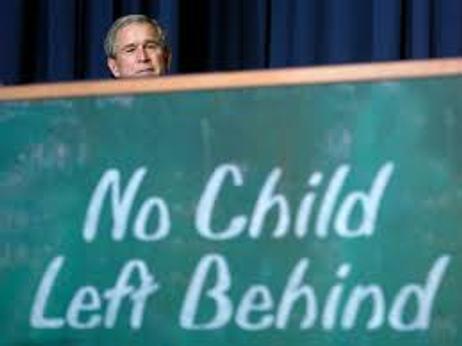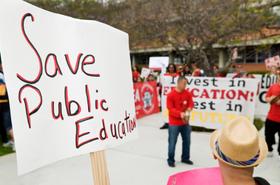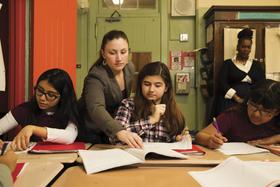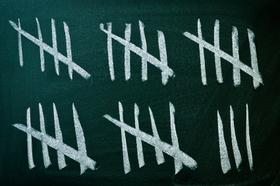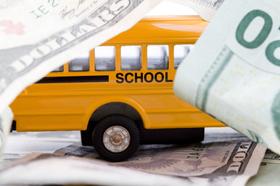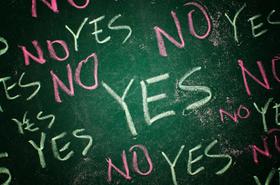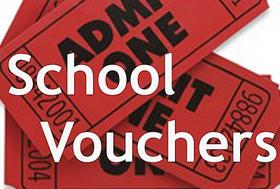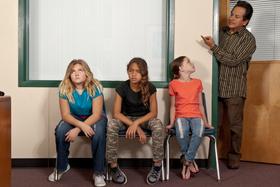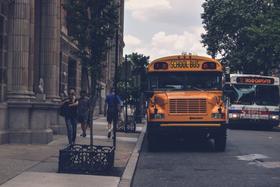As Louisiana Governor Jindal Fights to Reform Louisiana Schools, Teachers Push Back
Louisiana Governor Bobby Jindal has taken his sweeping education reform to state lawmakers, while educators in the state who are more than a little unhappy with Jindal’s proposals are finding ways to push back. Jindal’s plans would usher in some of the most significant education reforms in the country, with Jindal tackling sticky issues like teacher tenure and retirement plans, charter schools, and a voucher program that would impact half the children in the state. While Jindal’s proposals are garnering support from many state lawmakers and residents, others are downright furious with Jindal’s ideas on how to transform the state’s education system.
Teacher Tenure Tied to Job Performance
One of Jindal’s proposals that has won the ire of local teachers’ unions involves how teachers are hired and granted tenure. According to the Daily Comet, the bill would shift hiring new teachers to principals and superintendents rather than school boards. The bill would also make significant changes to current teacher tenure procedures, which are tied to annual evaluations for three years. Current evaluations rank teachers as either satisfactory or unsatisfactory, which makes it challenging to weed ineffective teachers out from the rest.
Under Jindal’s new tenure proposal, teachers would be subject to annual five-year reviews under a more complex rating system. Teachers who received “highly effective” ratings for five years straight would be eligible for tenure. “Ineffective” ratings would result in loss of

